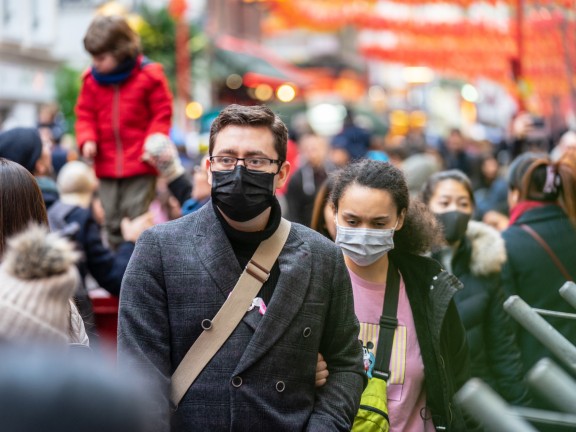Alliance Board Members Offer Concerns and Solutions in the COVID-19 World

In three recent op-eds, Volcker Alliance board members Francis Fukuyama, Antonio Weiss , and Richard Ravitch share their perspectives on and solutions to challenges posed by the coronavirus pandemic. Read excerpts below, or find the full articles in Foreign Affairs, CNN Business, and the Wall Street Journal.
The Pandemic and Political Order: It Takes a State
By Francis Fukuyama
Major crises have major consequences, usually unforeseen. The Great Depression spurred isolationism, nationalism, fascism, and World War II—but also led to the New Deal, the rise of the United States as a global superpower, and eventually decolonization. The 9/11 attacks produced two failed American interventions, the rise of Iran, and new forms of Islamic radicalism. The 2008 financial crisis generated a surge in antiestablishment populism that replaced leaders across the globe. Future historians will trace comparably large effects to the current coronavirus pandemic; the challenge is figuring them out ahead of time.
It is already clear why some countries have done better than others in dealing with the crisis so far, and there is every reason to think those trends will continue. It is not a matter of regime type. Some democracies have performed well, but others have not, and the same is true for autocracies.
Read the full article in Foreign Affairs.
To save the US economy, we need to save jobs. This program could do that.
By Antonio Weiss, Mark Zandi, and Jared Bernstein
Nearly one-third of American workers have taken direct financial hits from the Covid-19 pandemic through lost jobs, lost hours or pay cuts. And the resurgence of infections is causing businesses to shut down again in many parts of the country. It seems likely the job losses will resume, unless Congress and the administration act quickly to provide substantially more financial support to businesses and households.
Lawmakers must rethink how they provide this help to address a critical element missing from the policy response thus far: restoring and preserving jobs.
Fortunately, there have been several proposals from both Democrats and Republicans that could do just that. These employee retention policies would provide hard-pressed businesses with funds to rehire and keep workers on their payrolls. They would also defray a portion of operating costs, so businesses are ready to snap back into action once demand for their goods and services revives.
Read the full article in CNN Business.

